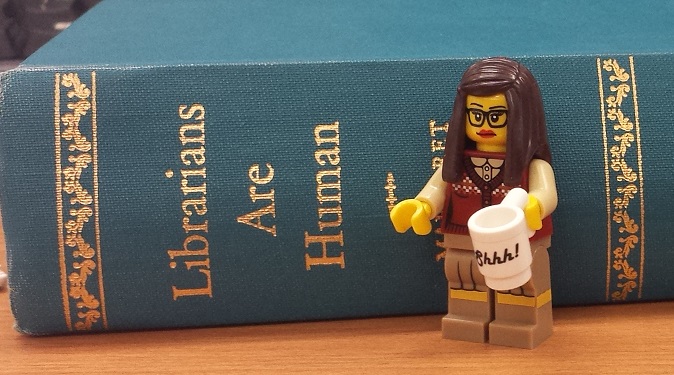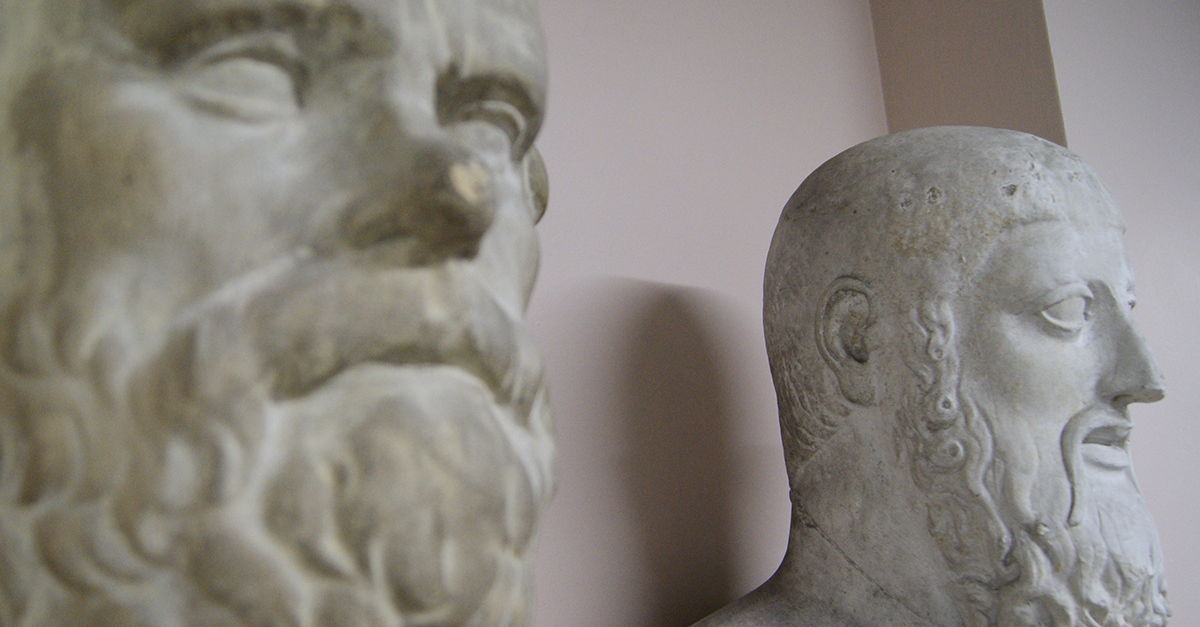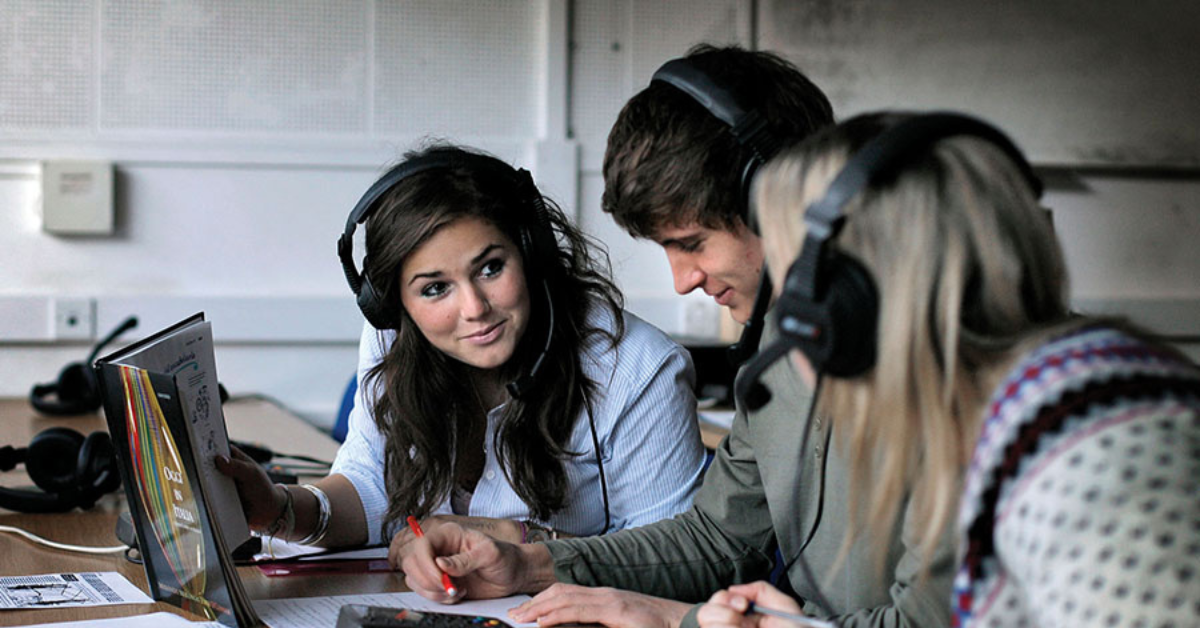Tag: Language
Twice the fun or double the trouble? Student Ambassador Aalish is studying a joint honours degree. I made the choice to study Chinese and History simply because I love learning a language and history has always had a soft spot in my heart. Studying a language alongside history presents its own unique challenges, not only […]
Over 10,000 overseas students matriculated with the University of Edinburgh in the 2021-2022 academic year, but what is like to study here? Georgia-Taygeti – originally from Greece – shares her experience. My favorite class throughout the first two years of my History degree was not an actual history class. Instead, I looked forward the most […]




